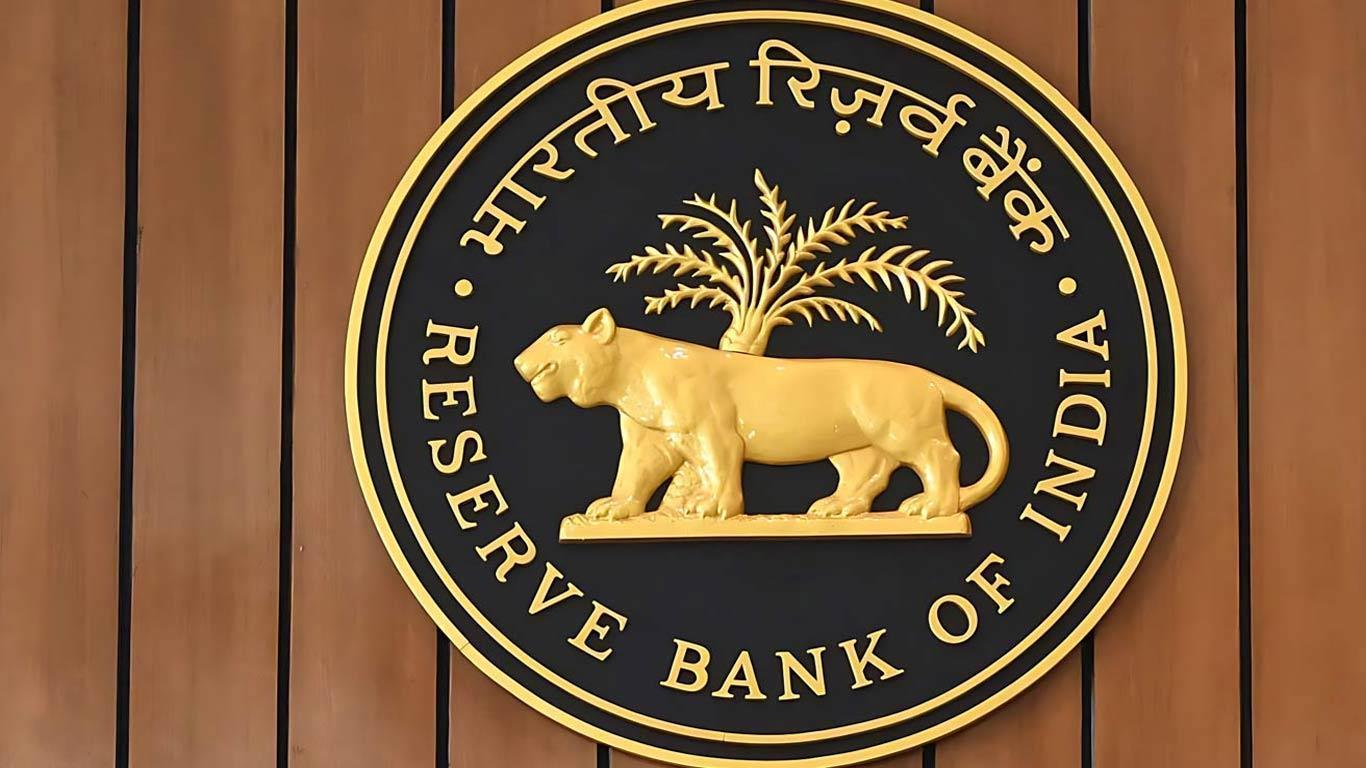
RBI Unveils Draft Regulations To Streamline Export-Import Transactions
The Foreign Exchange Management (Export and Import of Goods and Services) Regulations, 2024, unveiled on Tuesday, marks a pivotal step towards enhancing the ease of doing business, particularly benefiting small-scale exporters and importers.
The draft regulations introduce several key provisions designed to streamline processes and empower authorised dealer (AD) banks to offer more efficient services to their foreign exchange customers.
One of the cornerstone rules maintains that the full export value of goods and services must be repatriated to India within nine months from the date of shipment or invoice.
However, AD banks are granted the authority to extend this period under reasonable circumstances, providing much-needed flexibility to exporters facing unforeseen delays.
In a similar vein, importers stand to benefit from the new regulations. AD banks may now grant extensions for delayed settlement of import payments, addressing scenarios where overseas suppliers fail to meet their obligations in cases of import advances.
A noteworthy feature of the draft is the provision allowing AD banks to facilitate set-offs of export receivables against import payables for the same counterparties.
However, the RBI has explicitly prohibited set-offs between goods and services, maintaining a clear distinction between the two sectors.
The central bank has also introduced specific guidelines for the import of precious metals. While advance remittances for gold and silver imports generally require RBI approval, an exception has been made for qualified jewellers, who may remit advance payments through the India International Bullion Exchange IFSC Ltd. (IIBX).
To ensure compliance and maintain financial discipline, the RBI has mandated that AD banks closely monitor project exports until completion. Furthermore, exporters with outstanding amounts in the Export Data Processing and Monitoring System (EDPMS) for over two years may face "caution listing," subject to due process and the opportunity to be heard.
By simplifying procedures and granting greater autonomy to AD banks, the RBI aims to create a more conducive environment for international trade, potentially boosting India's global competitiveness in the long run.
As the draft undergoes scrutiny and feedback from stakeholders, the business community eagerly anticipates the final implementation of these regulations, which could mark a new chapter in India's export-import landscape.
(KNN Bureau)
Legal Disclaimer:
MENAFN provides the
information “as is” without warranty of any kind. We do not accept
any responsibility or liability for the accuracy, content, images,
videos, licenses, completeness, legality, or reliability of the information
contained in this article. If you have any complaints or copyright
issues related to this article, kindly contact the provider above.


















Comments
No comment